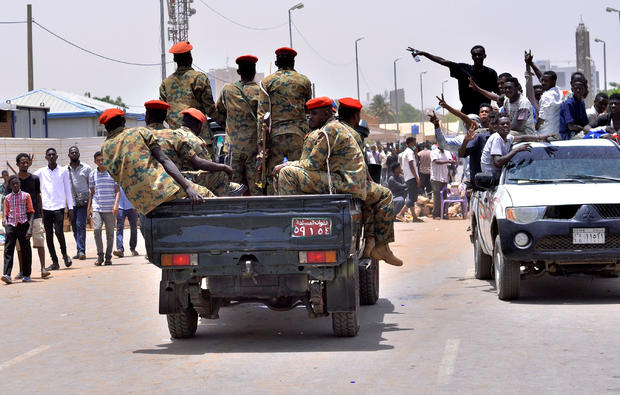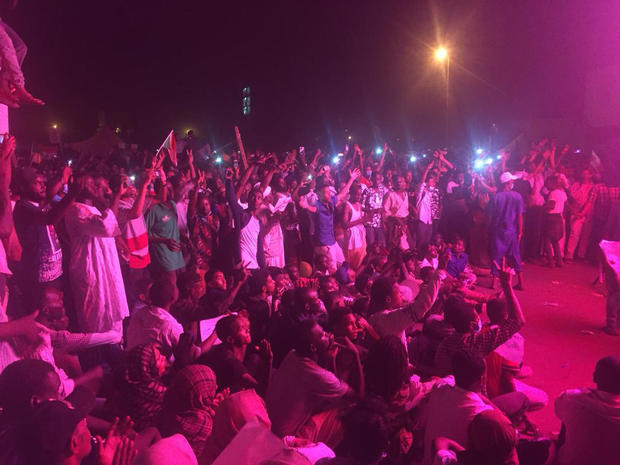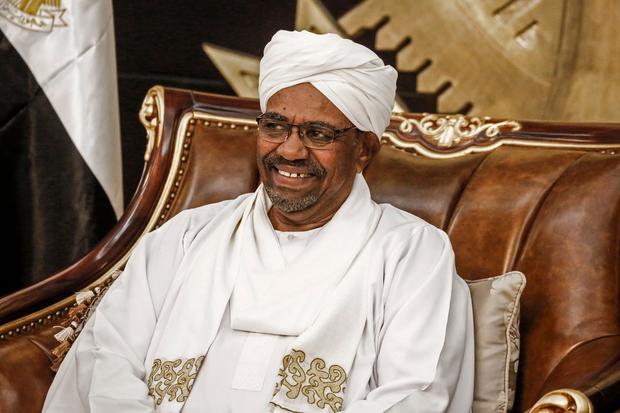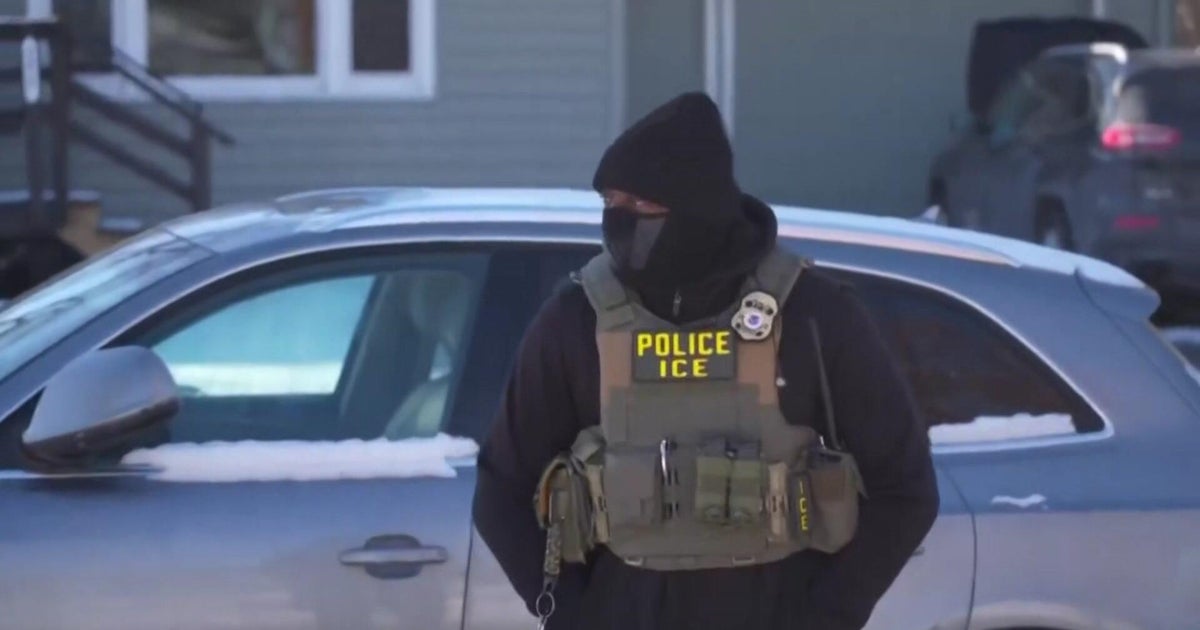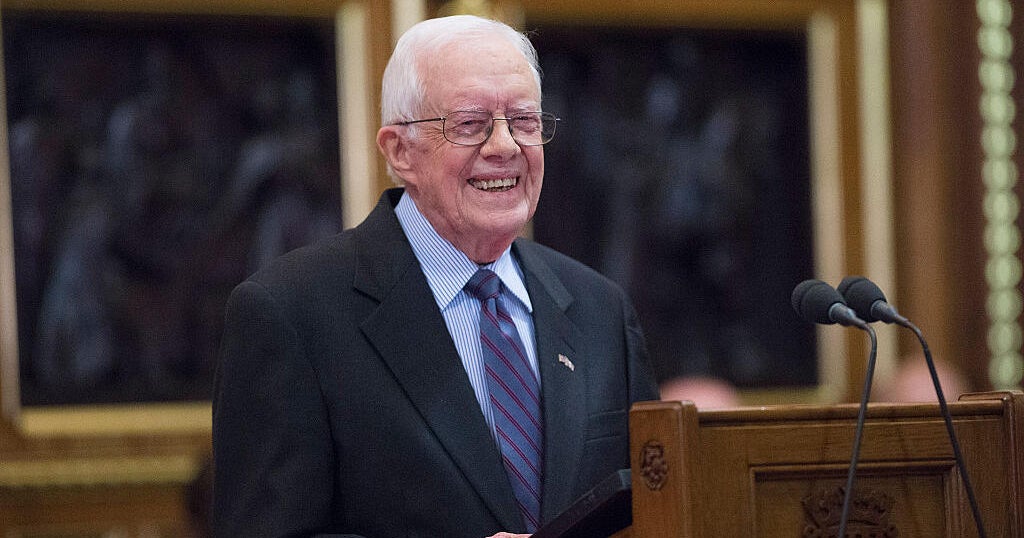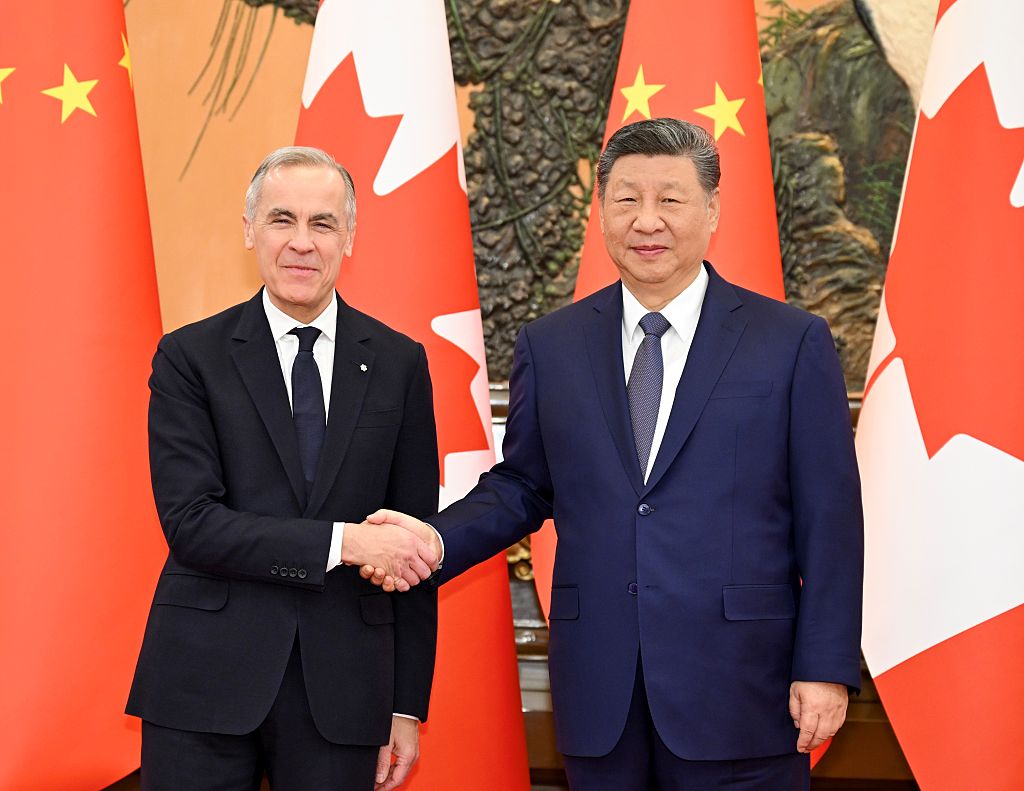Sudan dictator Omar al-Bashir ousted by army
- Omar al-Bashir's ruthless 30-year rule over Sudan has ended as it began, with a coup.
- The Sudanese army said al-Bashir was under house arrest and announced a 2 year transition period, to be presided over by the military.
- Leaders of the protests that brought al-Bashir down are demanding a civilian transitional government, and vowing to keep up protests.
Sudan's National Defense Minister announced on Thursday that the country's army had seized power, forcing President Omar al-Bashir to step down and placing him under arrest with a number of key allies "at a safe location." While the end of al-Bashir's rule was welcomed by thousands of protesters who have taken to the streets for weeks demanding his ouster, they were quick to note that a new military dictatorship wasn't what they had in mind.
Lt. Gen. Ahmed Awad Ibn Auf's statement came nine hours after the army seized the State TV Broadcast center in Khartoum and promised "an Important Communiqué from the Armed Forces Coming Shortly."
The top military commander, who had served as the First Vice President of Sudan since February, said the country would enter a two-year transitional period, during which it would be run by the armed forces. During the transition, he said the current constitution would be suspended, martial law would be imposed for three months, and a month-long night curfew imposed from 10 p.m. until 4 a.m.
Sudan's Association of Professionals (SPA), one of the main organizers of the protests in Sudan, was quick to respond to Ibn Auf's announcement, rejecting it and urging "the revolutionaries to uphold the protests."
Even before the military announcement the SPA issued a statement saying "it is not acceptable to address the current (political) crisis with yet another military coup that reproduces and further complicates the same crisis... there is no other alternative but to hand over power to a national civil transitional government."
Mariem Sadeq al-Mehdi, spokeswoman for the al-Ummah party, said another military coup would not end the crisis in Sudan and she called "for a peaceful handover of power to a transitional civilian government."
Al-Bashir was forced to relinquish power after 30 years of rule and months of massive protests against him, which his security forces responded to harshly, leaving dozens dead. The autocratic leader has long been a pariah in many countries and is wanted by the international war crimes tribunal for atrocities in Darfur.
Thousands of protesters, including women carrying their children, were seen making their way earlier Thursday toward the military headquarters, clapping and ululating, many flashing "V'' for victory. Women have played a crucial, leading role in the protest movement against al-Bashir.
CBS News spoke to one Sudanese woman who returned to her native country from New York last year to join the uprising, only to find herself imprisoned.
Violent crackdown
The military takeover followed deadly clashes between Sudanese security forces and protesters holding a large anti-government sit-in outside the military's headquarters Khartoum, which also include a presidential residence. There were several attempts to break up the sit-in, leaving 22 dead since Saturday.
On Tuesday, Sudanese security forces tried again to disperse the sit-in, which began over the weekend, killing at least 14 people, activists behind the demonstration said. The government said 11 died. The fatalities so far have included five soldiers who protest organizers said were defending the sit-in.
The months of protests have plunged Sudan into its worst crisis in years. The demonstrations initially erupted last December with rallies against a spiraling economy, but quickly escalated into calls for an end to embattled al-Bashir's rule.
Security forces responded to the protest movement with a fierce crackdown, killing dozens. Al-Bashir banned unauthorized public gatherings and granted sweeping powers to the police since imposing a state of emergency last month. Security forces have used tear gas, rubber bullets, live ammunition and batons against demonstrators.
Not Sudan's first uprising
On Saturday, marches in Khartoum marked the 34th anniversary of the overthrow of former President al-Nimeiri in a bloodless coup. It was one of the largest turnouts in the current wave of unrest.
The military removed Nimeiri after a popular uprising in 1985. It quickly handed over power to an elected government. The dysfunctional administration lasted only a few years until al-Bashir -- a career army officer -- allied with Islamist hard-liners and toppled it in a coup in 1989.
Since the current protests began Dec. 19, the military had stated its support for the country's "leadership" and pledged to protect the people's "achievements" -- without mentioning al-Bashir by name.
